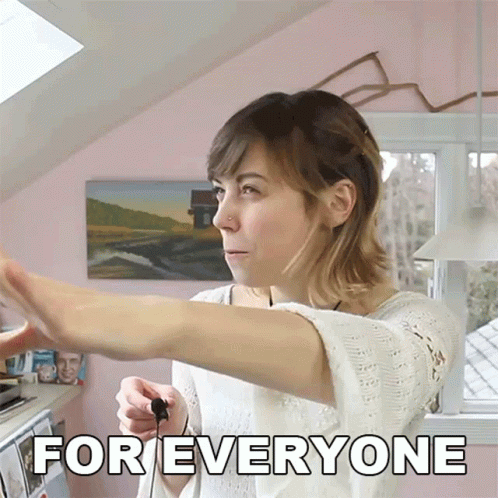
Superhero movies have taken over our screens. We love watching people with impossible abilities—flying, teleporting, bending time, reading minds. We admire our heroes as they save the world and fight against the forces of evil. These stories inspire us and make us wonder: what would it be like to have those powers ourselves?
But let’s take a moment to strip away all the action and heroics attached to these movies. At their core, superpowers are not just about saving the world. They’re about something selfish. They’re about satisfying our innate desire to be better than everyone else. And I’m here to prove it.
The Fantasy of Being Special
Frankly, superpowers are just an unfair advantage. They’re not about hard work or skill—they’re about superiority. And who wouldn’t want that? Superpowers enable us to stand out in ways that no one else can.
Think about it: when we fantasize about having superpowers, it’s not because we want to make the world a better place. Sure, that’s what we tell ourselves, but deep down, we’re more interested in making our world better. If given a superpower, most of us wouldn’t set out to fight evil. We’d want to fly to avoid traffic, win arguments by reading minds, or get rich using super speed.
Superpowers, at their core, aren’t about altruism. They’re about selfish convenience and the thrill of being extraordinary.
The Problem With Equality

What makes superpowers so special is their exclusivity. If everyone had the same powers, they’d lose their "super" status. Imagine a world where everyone could fly or teleport. Would you marvel at it? No. It would simply replace cars and planes.
If everyone could lift a car with one finger, it wouldn’t be impressive anymore. If everyone could read minds, privacy would disappear, and relationships would become unbearably transparent. Superpowers would cease to be powers—they’d just become another mundane, burdensome part of life.
This is why superpowers lose their magic when they’re shared. They only matter because they make one person stand out from the crowd. It’s not the power itself we love—it’s the idea of being better than everyone else. Superpowers are a way to win at life without playing fair, and that’s exactly why we’re so drawn to them.
The Dark Side of the Dream
Superhero movies let us indulge this fantasy guilt-free. We cheer for the hero because they’re fighting the bad guys. But deep down, we envy their power. We don’t want to be Superman because he’s good. We want to be Superman because he’s untouchable—because he can do things no one else can.
What does that say about us? Superpowers, by their nature, are selfish. They’re not about equality, fairness, or teamwork. They’re about standing above the crowd and being the exception to the rule.
When Everyone Is Super, No One Is

There’s a reason we don’t fantasize about a world where everyone has superpowers. That’s not the dream. The dream is to be the one who can fly while everyone else is stuck in traffic. If everyone had the same abilities, it wouldn’t be a superpower anymore.
It’s like money. People don’t want to be rich in a world where everyone is rich. Sure, we talk about policies that push for equality, but deep down, the wealthy don’t want a world where everyone has wealth. Why? Because the power isn’t in being rich—it’s in the gap between being rich and poor. The excitement lies in the imbalance, and that’s what people want to maintain.
This is why there will always be inequality.
What Superpowers Say About Us
Superhero movies aren’t just stories about good versus evil. They’re a reflection of our deepest desires. They show us how much we crave an edge, how much we want to win without trying, and how much we enjoy being better than others.
It’s not a pretty truth, but it’s the reality. Superpowers are a fantasy we admire not because they’re impossible, but because they’re built on inequality. They remind us that, deep down, we don’t want a level playing field—even when we claim we do.
Superpowers, in the end, aren’t just about saving the world. They’re about saving ourselves from the ordinary—and making sure everyone else stays there.




